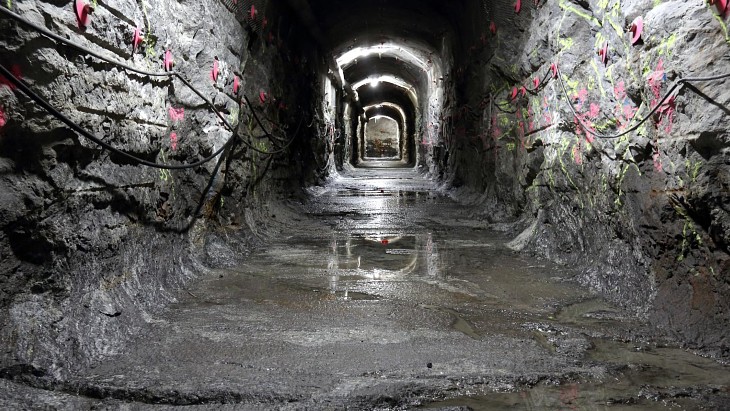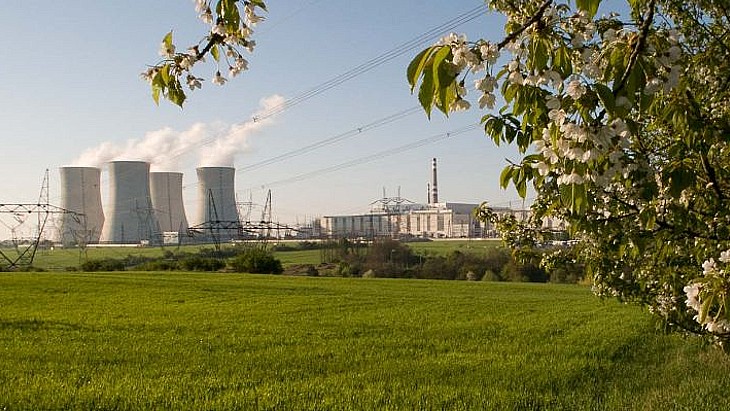It says that nuclear is the second largest source of low-emission power after hydropower, with 32 countries having nuclear plants - but with 63% of them being more than 30 years old.
IEA Executive Director Fatih Birol said: "In today’s context of the global energy crisis, skyrocketing fossil fuel prices, energy security challenges and ambitious climate commitments, I believe nuclear power has a unique opportunity to stage a comeback. However, a new era for nuclear power is by no means guaranteed. It will depend on governments putting in place robust policies to ensure safe and sustainable operation of nuclear plants for years to come - and to mobilise the necessary investments including in new technologies.
"And the nuclear industry must quickly address the issues of cost overruns and project delays that have bedevilled the construction of new plants in advanced economies. As a result, advanced economies have lost market leadership, as 27 out of 31 reactors that started construction since 2017 are Russian or Chinese designs."
The policy recommendations in the report, which Birol said was aimed at informing governments and industry when they review their nuclear energy policies, include:
-
Extend plant lifetimes of existing plants - this can involve substantial investment they generally yield a cost of electricity competitive with wind and solar.
-
Make electricity markets value nuclear power plants’ avoidance of emissions and the services they provide to maintain electricity security, including capacity availability and frequency control.
-
Create financing frameworks for new reactors to mobilise capital for new plants at an acceptable cost and with sharing of risk beween investors and consumers.
-
Promote efficient and effective safety regulation.
-
Solutions for nuclear waste disposal by involving citizens in prioiritising approval and construction of high level waste disposal facilities.
-
Accelerate the development and deployment of small modular reactors (SMRs).
-
Re-evaluate plans based on performance so long-term support requires projects being delivered on time and on budget.
The IEA suggests that half of emissions reductions by 2050 would come from technologies, including SMRs. Government policy and regulatory reform is needed to stimulate investment in SMRs - "securing private financing will require a robust and technology-neutral policy framework, including in the area of taxonomies and environmental, social and governance that will have a growing influence on financial flows".
It says that "decisions are needed now" to allow SMRs to play a significant role in energy transitions in the 2030s. They have the potential to reuse the sites of fossil fuel power plants, benefiting from the existing transmissions, cooling water and workforces.
Responding to the report, World Nuclear Association Director General Sama Bilbao y León said: "The IEA’s report is clear; a low-carbon, sustainable, affordable and secure energy future needs nuclear. Coordinated action is needed now to maintain our existing nuclear plants and to ramp up the deployment of new nuclear capacity worldwide. The nuclear industry is ready to rise to the challenge."
The IEA has 31 members. It was created by industrialised nations in the wake of the 1973-1974 oil crisis. Its mission has moved on to an "all-fuels, all-technologies approach" to be "at the heart of global dialogue on energy, providing authoritative analysis, data, policy recommendations, and real-world solutions to help countries provide secure and sustainable energy for all".

.jpg)





_53514_33880.jpg)






